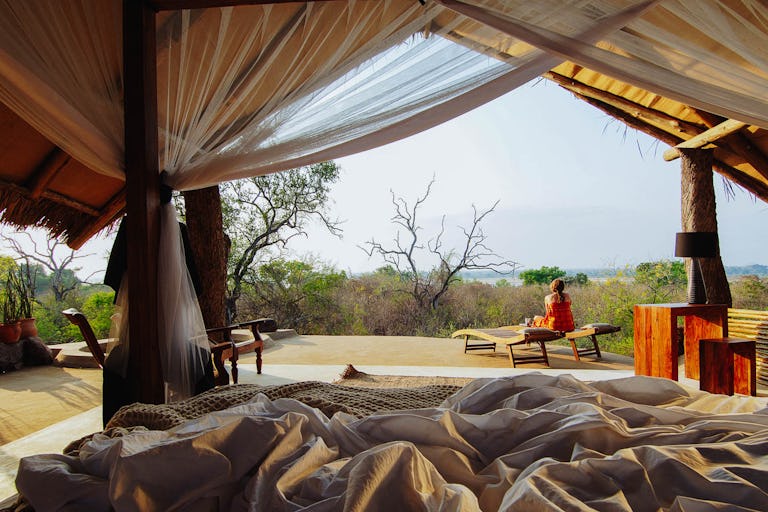Design your own trip
Choose a destination, pick your properties, and we'll do the rest
Design a tripNeed a hand?
hello@timbuktutravel.com +44 (0)203 8083 860 +1 (646) 542 0667 +27 (0)21 201 7253 Live chat
Explore the world from your inbox
Join our newsletter with all the good stuff to help you design your own trip
By joining you agree to our privacy policy.




